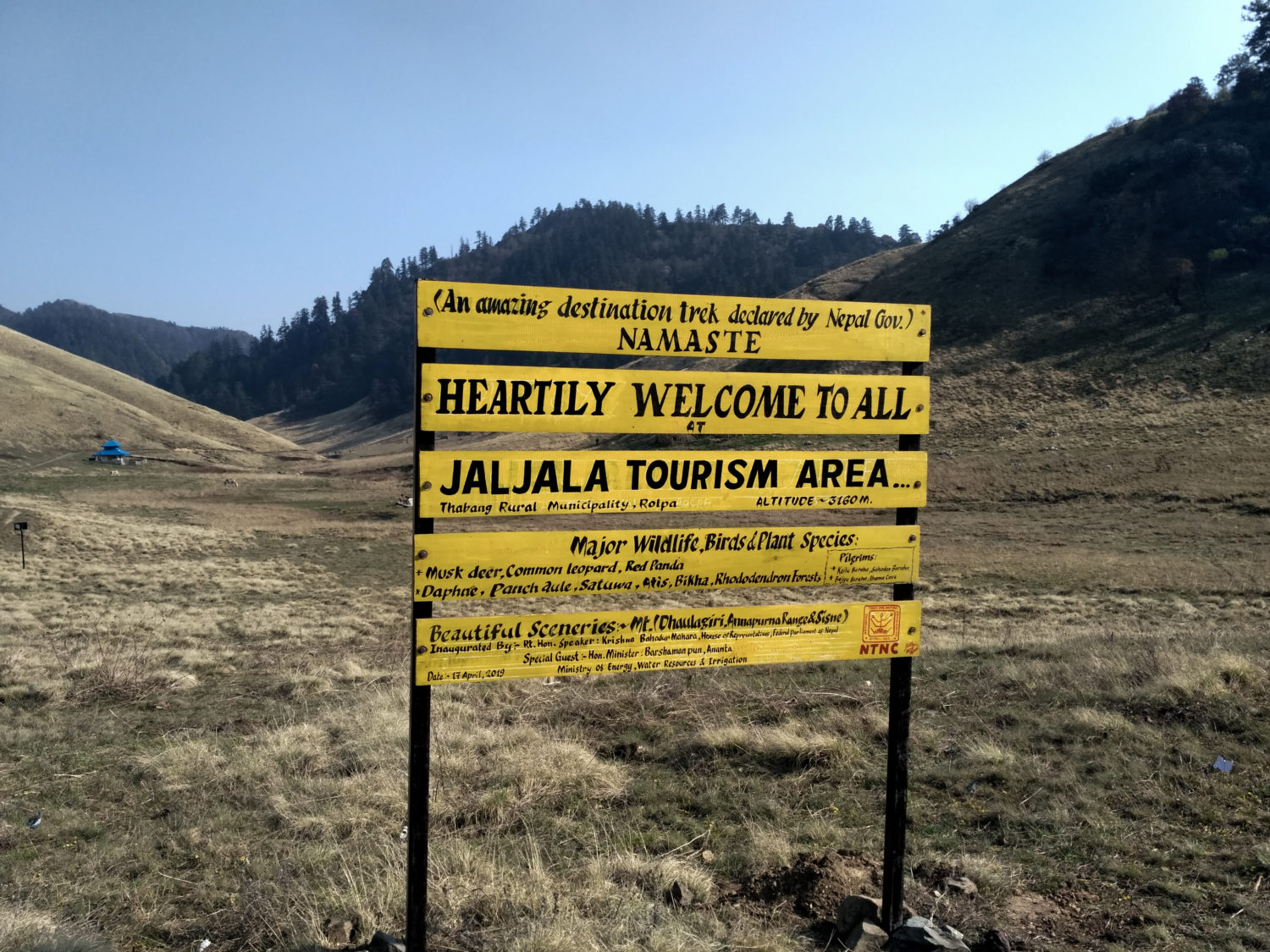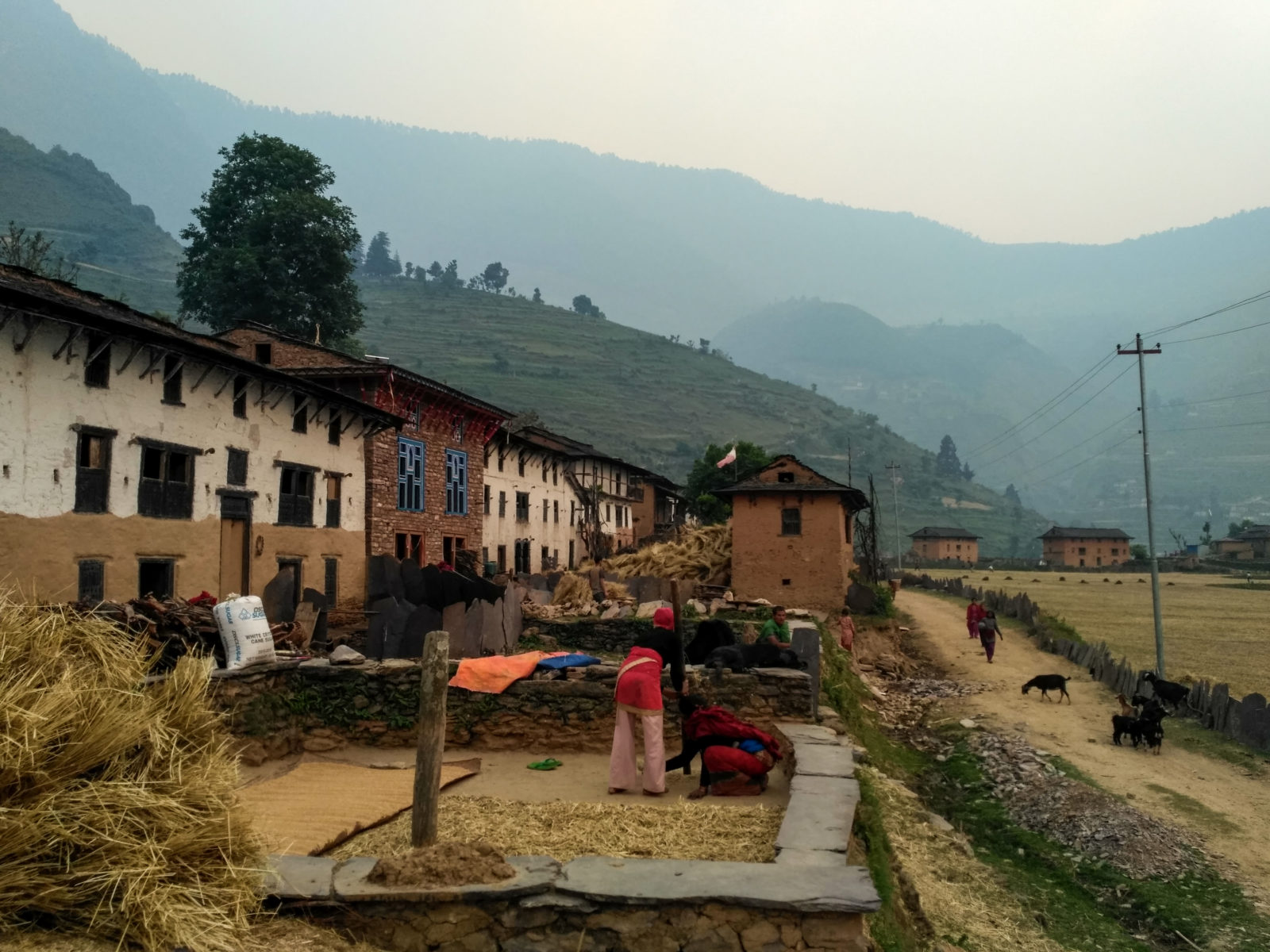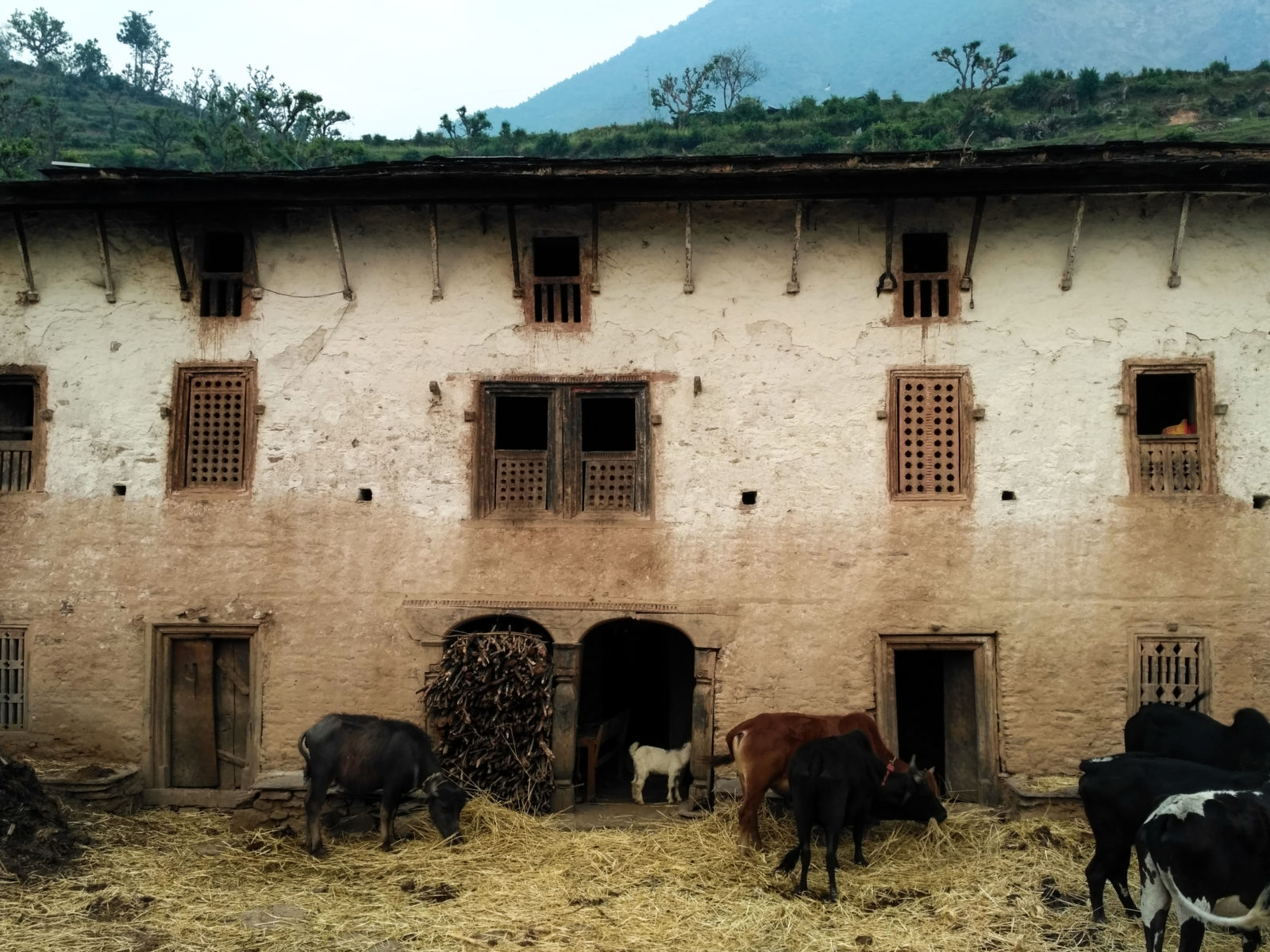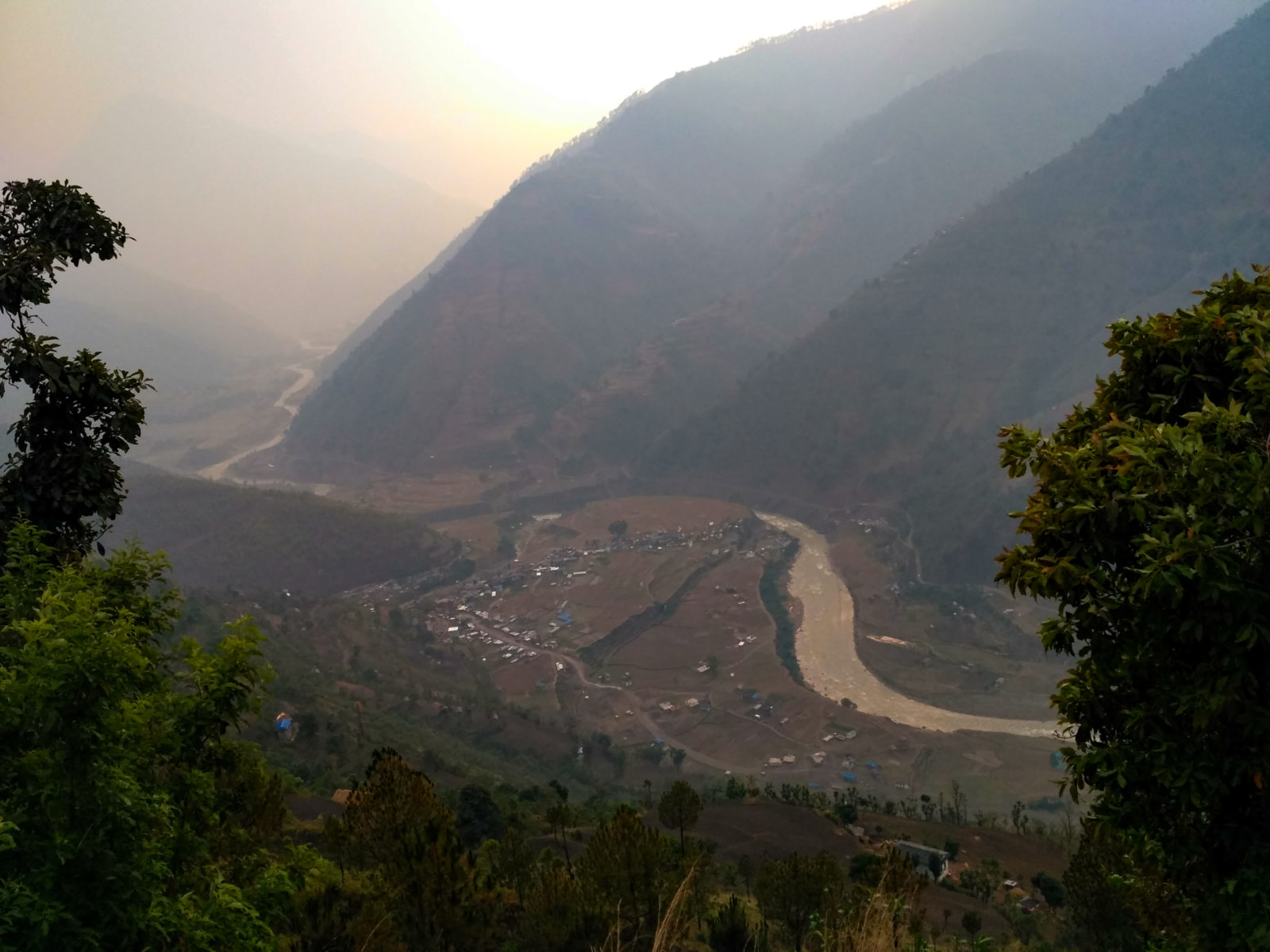
Photo Essays
3 MIN READ

Rolpa and Rukum 13 years after the war

The Maoist insurgency began with simultaneous attacks on three police posts on Feb 13, 1996, two of which were in Rolpa and Rukum. With the attacks began a decade long civil war that claimed close to 17,000 lives, and led to a political transformation that changed the course of Nepali history. The Maoists gained a stronghold on political power after the war. They have led three governments and, since their merger with the Communist Party of Nepal-Unified Marxist Leninist (UML) have formed the largest ruling party in Nepal to date.
In Rolpa and Rukum, the Maoists had some support— and a strong coercive network — which they used to establish parallel governments and state structures. The general consensus in political circles is that the war is over and Nepal has successfully transitioned into a federal democracy. But a splinter group, led by former Maoist youth leader Netra Bikram Chand ‘Biplab’, who hails from Rolpa, believes that the revolution is far from complete. He is now attempting to mobilize a new generation of youth in Rukum and Rolpa to fight for this cause under the banner of his Communist Party of Nepal (CPN).
13 years after the end of the war, we visit Rolpa and Rukum to see what life is like in what was, and continues to be, the Maoist heartland.















:::
We welcome your comments. Please write to us at letters@recordnepal.com
Nabin Bibhas Nabin Bibhas has worked as a journalist for a decade, and closely follows Nepal's politics. He is the author four collections of essays, poetry, and short stories. He tweets @NabinBibhas


Opinions
7 min read
Will your leadership summon the courage to end impunity?
Features
10 min read
Prabes Roka Magar spent 10 years fighting the state but now he’s disillusioned and looking to start a wine factory in Thabang, the heart of the Maoist insurgency.
Features
18 min read
The Maoists grapple with demands to hold them accountable for the violence of the conflict
Features
11 min read
They appear weak, but the Maoists aligned with 'Biplab' haven't given up
Photo Essays
4 min read
The coronavirus pandemic brought a faint hope for some that their family members who disappeared during the People’s War might finally return
Features
5 min read
NCP faction names Madhav Kumar Nepal as the party chief to replace KP Oli as Oli expands the party’s central committee by incorporating his loyalists
COVID19
Features
7 min read
The coronavirus pandemic has become yet another excuse for the government to delay long-overdue investigations into war-era crimes
Culture
Books
6 min read
Aditya Adhikari's new book reminds us of what has been, perhaps deliberately, forgotten about the war